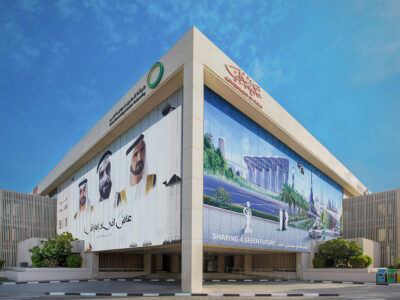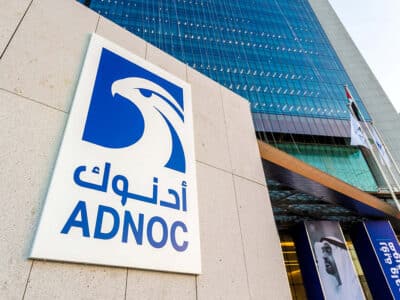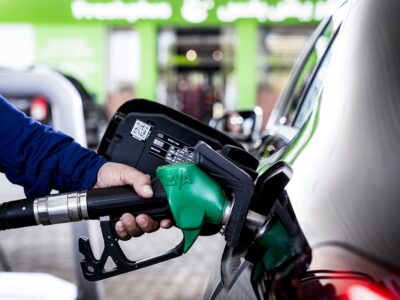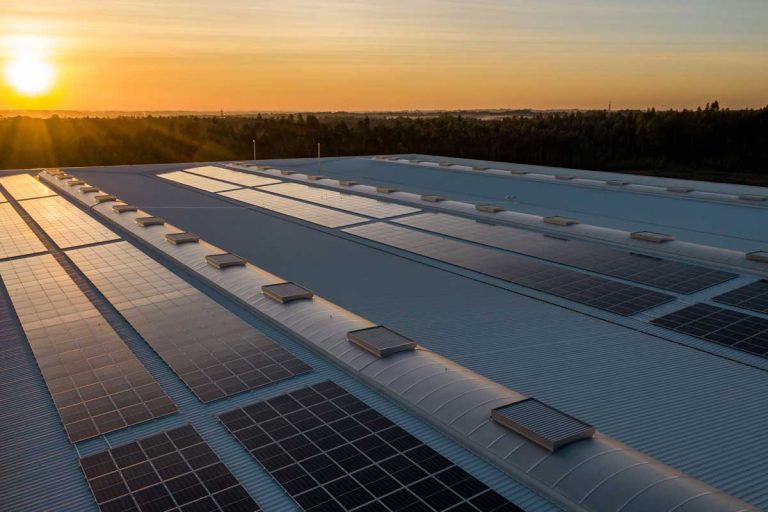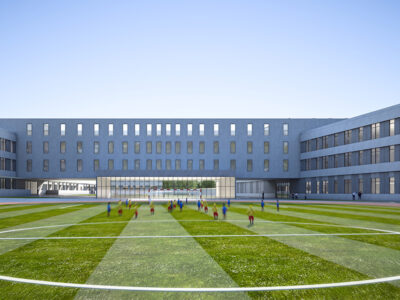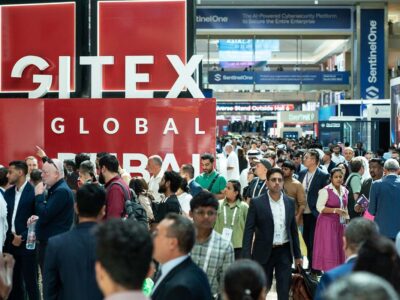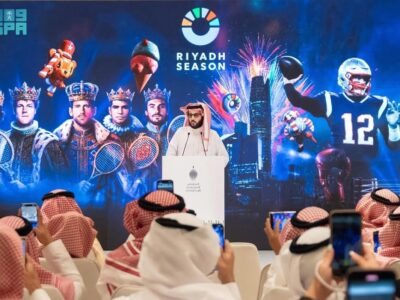Green urbanism and the importance of designing cities to be smarter and more sustainable in dealing with climate change were the main topics of discussions at the 8th World Green Economy Summit (WGES), held in Dubai.
Speakers at the summit also highlighted the importance of promoting the resilience and competitiveness of cities to enhance their capacity in dealing with climate risks and advance the quality, welfare, and happiness of individuals.
The two-day summit, organised by Dubai Electricity and Water Authority (DEWA) and the World Green Economy Organization (WGEO), saw participation of several heads of states, senior officials, representatives of government organisations, media professionals, experts, and academics.
The summit concluded on Monday.
As much as 55 percent of the global population lives in cities and this number is expected to reach 70 percent in 2050, which means that 2.5 billion more individuals will live in urban areas in the future.
Saeed Mohammed Al Tayer, Vice Chairman of the Dubai Supreme Council of Energy and Chairman of WGES, said the sound planning based on meticulous data analysis and full resilience in keeping pace with changes have helped the UAE become a global leader in several areas.
Al Tayer said that the Dubai 2040 Urban Master Plan outlines an integrated future map for sustainable urban development.
The people-centric Plan focuses on human beings, improving the quality of life in Dubai, enhancing the global competitiveness of the Emirate to become the best city to live in the world.
“Various government and private organisations cooperate to help Dubai reduce carbon emissions significantly. This has led to a 22 percent reduction in net carbon emissions in the emirate in 2019 and 33 percent in 2020,” Al Tayer said.
He said Dubai was developing some of the world-leading projects in clean and renewable energy such as the Mohammed bin Rashid Al Maktoum Solar Park – the largest single-site solar park in the world – and the Green Hydrogen project as part of the emirate’s efforts to achieve its clean energy and net zero carbon emission targets by 2050.
Mariam bint Mohammed Almheiri, Minister of Climate Change and Environment, said mainstreaming green urbanism practices and designing resilient cities were key enablers of the climate change mitigation and adaptation drive in the UAE.
